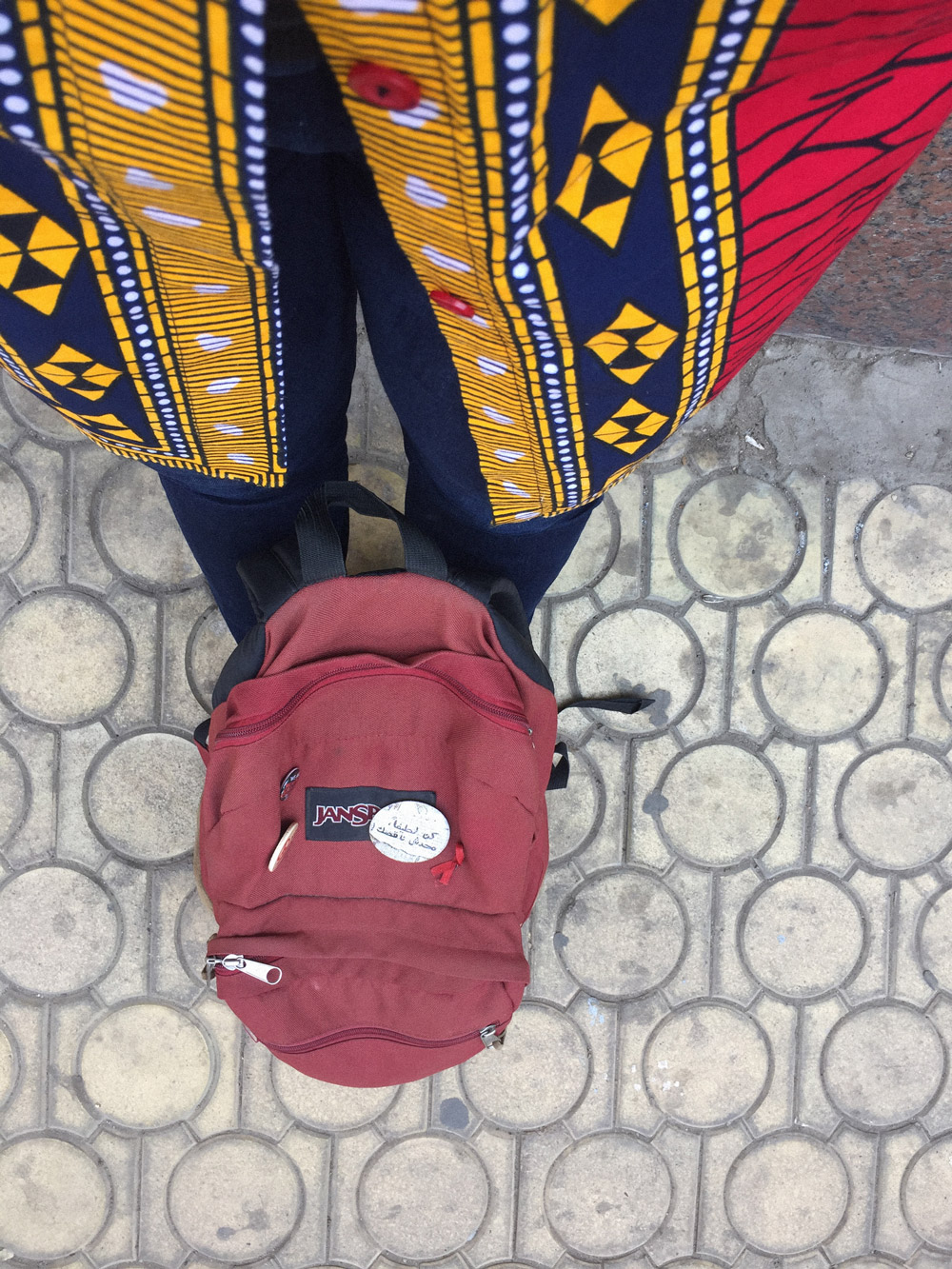About the project
Even the Finest of Warriors
Around seven years ago, I started reading What’s the Point of Revolution if We Can’t Dance? (1) and I suddenly found myself identifying with the stories I was reading. Parts of the stories expressed my future fears, other parts expressed emotions I was already feeling. I still remember the death of Sunila, the Sri Lankan activist, and the conversation I had about her with a friend. Sunila had advised my friend not to put her personal life on hold for her work in human rights. Yet, I do not remember whether Sunila’s advice came after or before her illness and not being able to afford the cost of treatment.
More than two years ago, I was on a work trip when I met a Jordanian artist who told me about how exhausted she had become because of work. One day, she just couldn’t move out of bed and ended up going to physiotherapy for months, followed by mandatory rest.
Last year, during another work trip, a friend of mine, a Canadian feminist working in human rights, told me about how she had to take several months off work after she had literally fallen ill from working too much.
The title of this book project, Even the Finest of Warriors, is inspired by the title of an article written by Rana Gaber and published on Mada Masr as part of a series of personal articles on psychological and mental health. I read the article more than a year ago, as I was entering yet another cycle of burnout. The article was exactly what I needed to hear: that I had every right to feel exhausted.
At that time, the space given to talk about the psychological and physical cost of working in the public sphere did not exceed the margin, when our schedules are always filled up with other ‘priorities’. I insist, however, that we are also a priority in the sphere of a struggle for a better and more beautiful life. Revolutions don’t happen for us to be miserable, nor do they happen for us to get sick, or for us to neglect our other lives. For revolution – as I believe in it – is an action for change so that beauty can win over ugliness, and hope can win over pain.
So, I am attempting, through this project, to create a space for disclosing all that worries us as women whose lives have been entangled with revolution. Yet, our legitimate worries about getting older, getting sick, financial security, and all other personal concerns, have not left us. We have not forgotten while we do our work, that there are those who need our support and those whom we need around us, like our families – actual and chosen ones – friends, and partners. We have not forgotten our need to spend time in solitude, nor have we forgotten about getting engrossed with a hobby we have always wanted to take up.
I remember, as I write these lines, a sentence which my maternal aunt wrote and hung up on one of the walls of her apartment: “My project takes off from joy, and not from disappointment.”
So does this project of mine.
Even the Finest of Warriors is a research and a book project which deals with issues that have been long ignored because they have been categorized as ‘personal issues.’ The project extends across three geographical stops and is divided into three phases; the first phase is concerned with Egypt and Tunisia. The research questions how feminist activists manage different aspects of their private lives and concurrently deal with the difficulties of being in the public space.
This project is concerned with psychological health, general exhaustion, financial security, as well as growing old as neglected intersections, despite how important they are in the context of documenting the struggle of women in the public space. Even the Finest of Warriors moves forth from the precept that our labor in the public space is not dissociated from our struggle in the private one, and that our lives and our personal struggles with our surrounding circumstances are worthy of documentation, as are protests and public actions. This project attempts to offer a space where private worries can be expressed, and to normalize the idea that ‘exhaustion’ is one of the outcomes of interacting with the public space as it is in our countries in the current moment without being stripped of the title ‘activist’ when we need to rest, for “even the finest of warriors, my dear, get exhausted.”
Get a copy of the book in English on this link (available also in Arabic).
-
Jane Barry and Jelena Dordevic, What’s the Point of Revolution if We Can’t Dance, Urgent Action Fund for Women’s Human Rights, 2007
